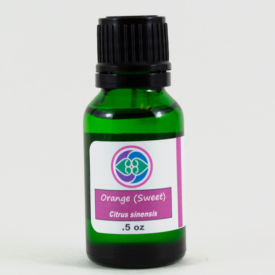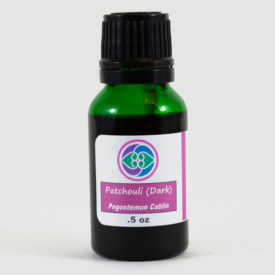Rosemary Essential Oil
Botanical Name: Rosmarinus officinalis
Rosemary essential oil offers a potent, crisp, refreshing herbal fragrance complemented by woody undertones, serving as a commanding top note within blends.
$14.99
In stock
Description
Rosemary Essential Oil
Main Constituents:
α -Pinene: 18 to 28 %
Camphene: 7 to 13 %
1,8-Cineol: 16 to 23 %
Camphor: 12.5 to 22 %
Rosemary, an evergreen shrub with abundant branches, boasts ash-colored, scaly bark alongside leathery, thick leaves that gleam dark green on top and white underneath. Abundant tiny pale blue blossoms grace it from December through spring, while it can reach heights of nearly 2 meters.
Processing Method: Steam distilled
Plant Part: Herb
Origin: Spain
Benefits/Suggested Uses:
- Rosemary essential oil is often used in aromatherapy to enhance memory, concentration, and mental clarity. Its stimulating properties may help improve cognitive function and focus.
- It is commonly used in hair care products for its ability to stimulate hair follicles, promote hair growth, and improve scalp health. Rosemary oil may help prevent hair loss, and dandruff, and promote thicker, healthier hair.
- Rosemary essential oil may help relieve symptoms of respiratory conditions such as coughs, colds, sinus congestion, and bronchitis due to its expectorant properties, which can help loosen mucus and clear the airways.
- Rosemary essential oil possesses analgesic and anti-inflammatory properties that may help alleviate muscle aches, joint pain, and headaches when applied topically.
- It may aid in digestion and alleviate digestive discomfort such as indigestion, bloating, and gas due to its carminative properties.
- Rosemary oil’s uplifting aroma is thought to have mood-enhancing properties, helping to reduce stress, anxiety, and promote relaxation when used in aromatherapy.
Blends Well With
- Basil
- Bergamot
- Cedarwood
- Frankincense
- Ginger
- Lemon
- Orange
- Peppermint
History of Rosemary essential oil: Its name means ‘dew of the sea’ because Rosemary naturally grows near the Mediterranean Sea. It has been used medicinally for several thousand years, and its leaves were traditionally burned to purify the air. Rosemary was used in Roman burial rites, and that practice continued well into the Middle Ages when it was customary to lay branches of Rosemary on the coffin at funerals.
This Variety of the Rosemary Essential Oils is the Camphor type, which is high in this component.
Cautions: This oil should not be used by pregnant women or individuals under a physician’s care. Dilute well before use; for external use only. This oil may cause skin irritation in some individuals; a skin test is recommended before use. Contact with eyes should be avoided.
Harmony Natural’s Products: Single note, Muscle Relief Bath Salts, Sickness Swindler Spray, Sickness Swindler Cream, Essential oil blends: Respiratory and Sickness Swindler
Additional information
| Option | 1/2 oz Single Note Essential Oil |
|---|
Only logged in customers who have purchased this product may leave a review.




Reviews
There are no reviews yet.